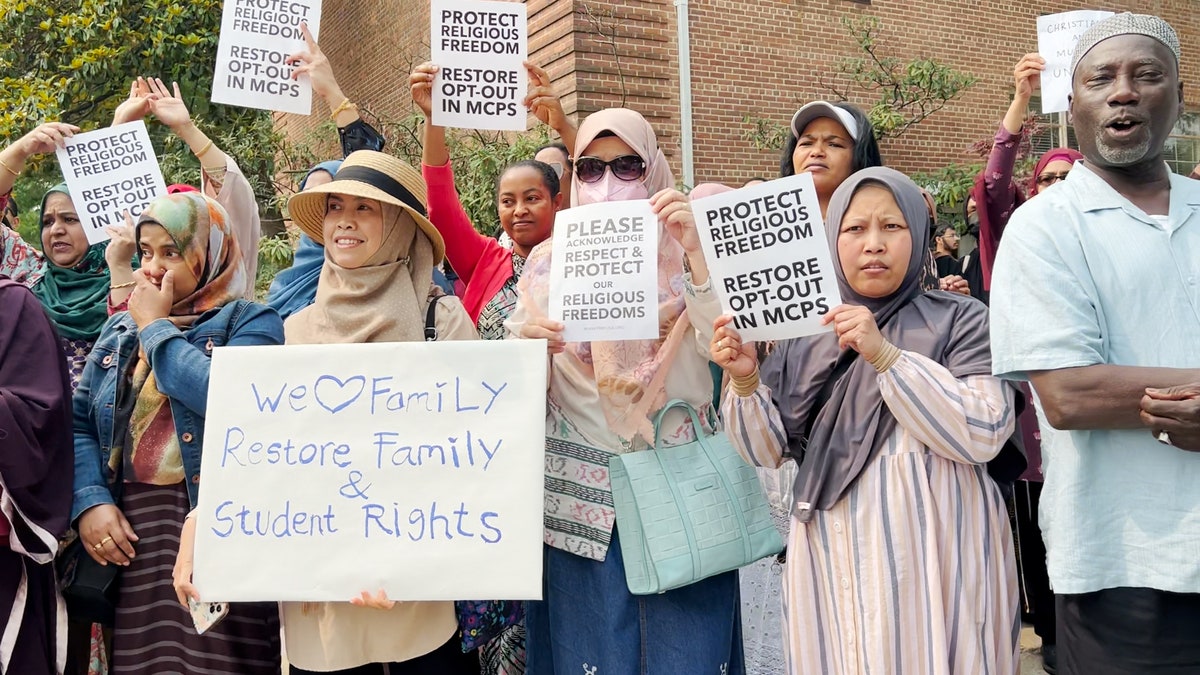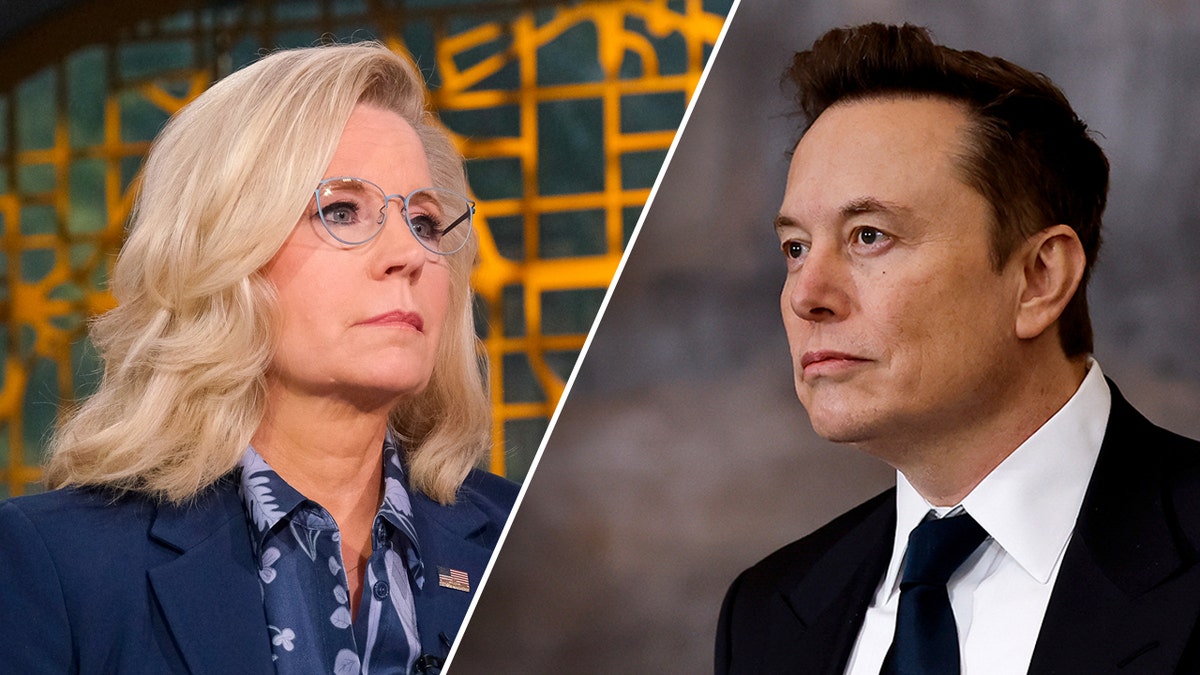The debate surrounding parental involvement in education continues, with organizations like the Southern Poverty Law Center (SPLC) labeling some parent groups as "hate" and "anti-government." These parent groups, many of which emerged during the COVID-19 pandemic, advocate for curriculum transparency in schools. Their primary goal is to ensure public education remains non-political and age-appropriate, empowering parents with the necessary information to support their children effectively.

A key point of contention is the accessibility of curriculum materials. Polling data reveals overwhelming support for parental access to curriculum plans and materials. This sentiment transcends political affiliations, with a significant majority of voters, including Democrats, believing parents should have this right. This widespread agreement challenges the narrative that only right-wing extremists are concerned about school curricula.

Furthermore, data suggests that access to curriculum materials may not be equally distributed, with Black and lower-income parents facing greater difficulty. This raises concerns about potential discriminatory practices in accessing public information about community schools.

The SPLC’s stance on curriculum transparency has been criticized, with some arguing that the organization’s motivations are more about generating headlines and attracting donors than addressing genuine concerns. Critics also point to polling data demonstrating strong bipartisan support for increased parental input in public school curricula, suggesting that the SPLC’s focus on this issue might be misplaced.

Amidst this debate, the importance of community engagement remains paramount. Parents and voters are encouraged to demand transparency from their local schools and actively participate in shaping the educational landscape. The goal is to foster a collaborative environment where schools provide a suitable, inclusive, and high-quality education for every student.








